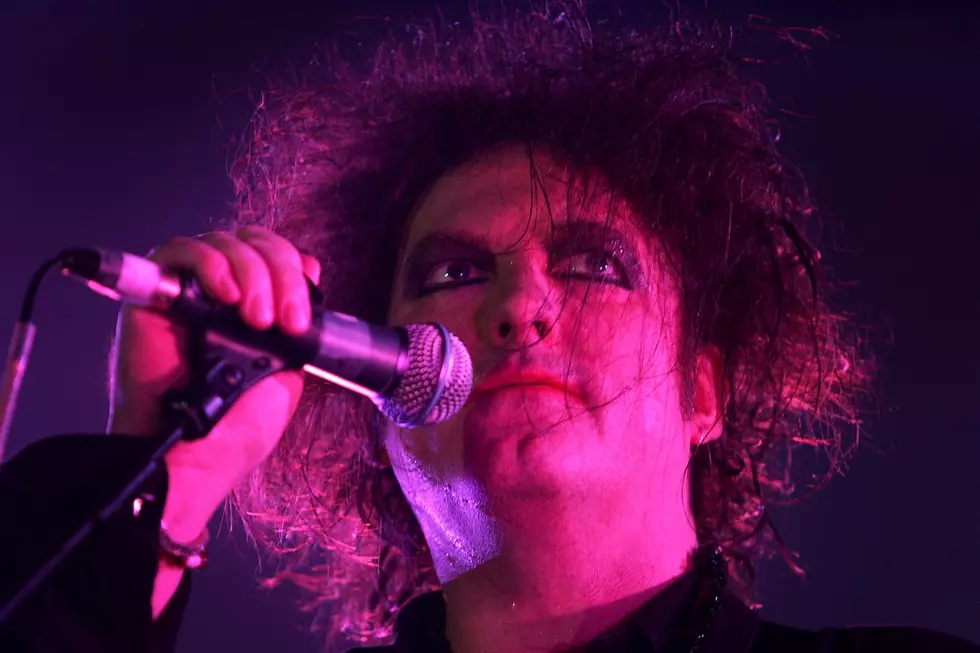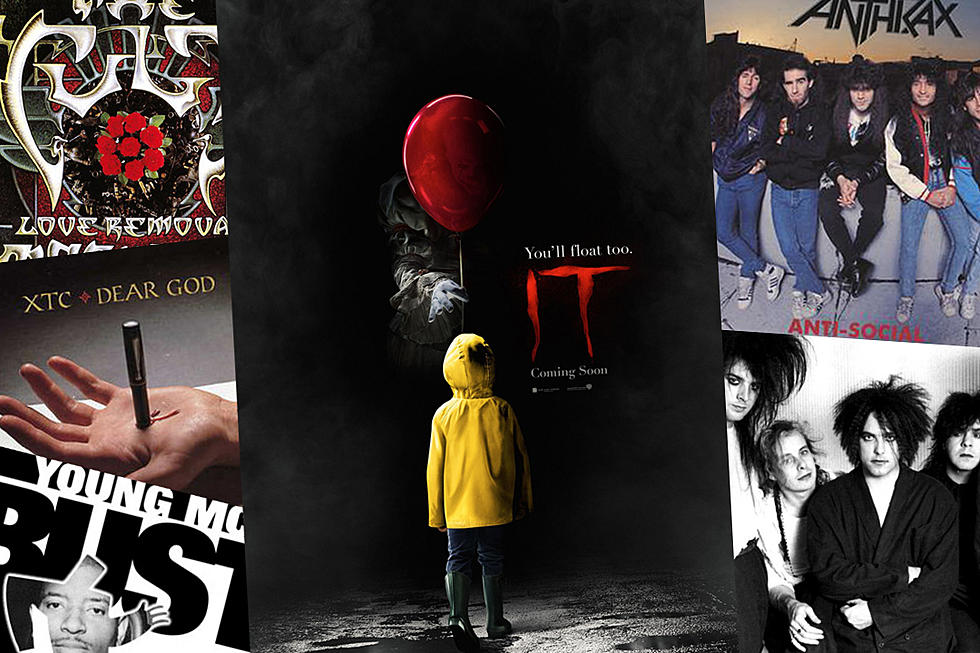35 Years Ago: The Cure Get Even Gloomier on ‘Pornography’
Before the Cure started getting frisky on pop-leaning singles like "Let’s Go to Bed," "The Walk" and "The Love Cats," they had to make Pornography, their fourth album and one of the gloomiest of their gloom-filled career. You can thank Robert Smith for that. The band’s singer and songwriter was deep in a depression that led him to drugs and some very dark thoughts. He decided to channel whatever inspiration was left in his band, which was on the verge of breaking up, into a set of songs all about his desolation.
Even though it’s not an easy album to listen to, Pornography, which was released on May 4, 1982, remains a defining record in both the band’s career and in the development of goth’s growing influence in the mid-‘80s. But does that make Pornography a good record? Not really. Unless you, too, are in a pretty miserable place with your life, the record is a major downer, all minor-chord bashing and gloomy lyrics about how much everything sucks.
That’s probably not totally fair. But with more than half of its songs clocking in at more than five minutes each, Pornography builds its moods deliberately … and you’d better hope you want to ride along. Because cuts like "One Hundred Years" and the title track can be heavy-going; they’re covered in densely layered production that barely leaves any breathing room. And only "The Hanging Garden" latches on to a melody.
Pornography didn’t chart in the U.S. (the Cure wouldn’t crack the Billboard album chart until the next year’s The Top reached No. 180), but it made the Top 10 in the U.K. No singles were released from the record, but the album’s thick, textured goth tone doesn’t really lend itself to sampler-platter tastings. Which is one of the reasons it’s a favorite among the band’s most loyal fans. Pornography can be a turnoff to anyone who tuned into the band around the time "Just Like Heaven" popped up on the radio. It’s all goth goodness or depressing doom, depending on your perspective.
How 50 Bands Got Their Names
More From Diffuser.fm









